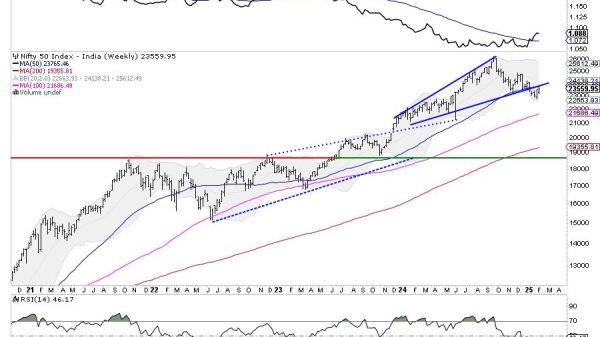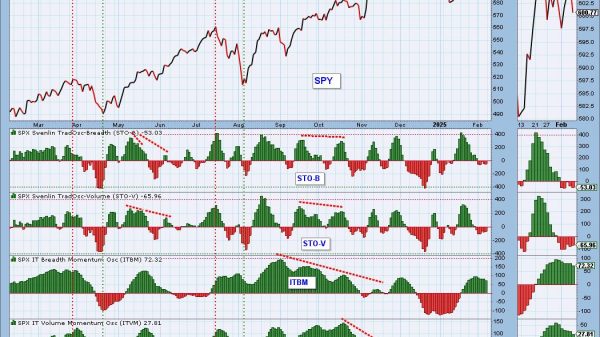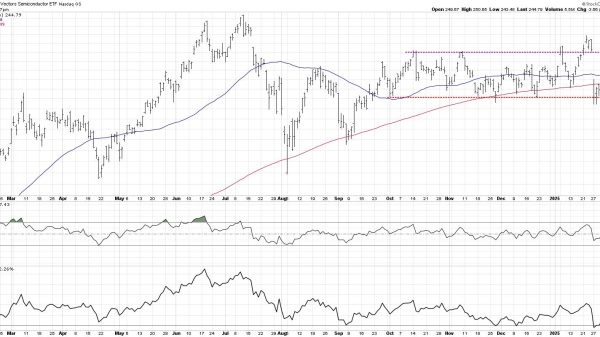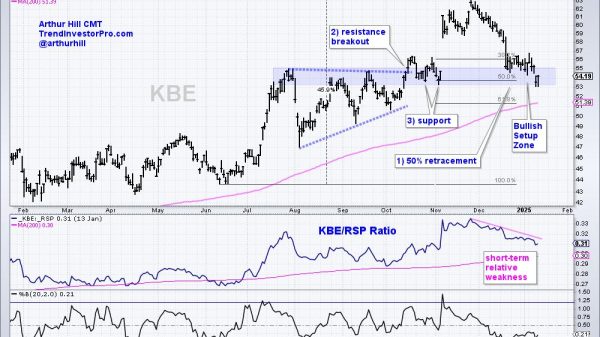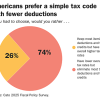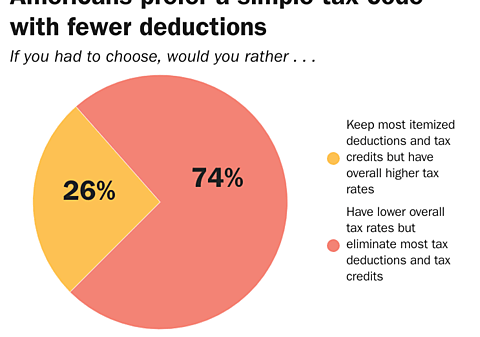
Global businesses are delaying payments and rejecting invoices at record levels as they react to escalating trade tensions and cost uncertainty sparked by President Trump’s tariff policy, according to new data from Basware.
The invoice processing firm reported that 2.9 million invoices were rejected globally in the first quarter of 2025 — an increase of 2 million compared to the same period last year. The total rejection rate surged to 7% of all invoices, up from just 1.9% a year earlier, signalling mounting financial strain across international supply chains.
According to Basware, the spike in rejections is directly linked to the April 2 announcement of sweeping US tariffs, which have disrupted trade relationships and led many businesses to renegotiate contracts, defer payments, and reassess supplier terms.
“The reality is that the US tariff policy is creating huge strains for international trade, hitting business finance teams hard,” said Jason Kurtz, CEO of Basware. “Companies are using payment delays as a financial buffer against wider economic uncertainty.”
Invoices denominated in US dollars were particularly affected, with rejection rates climbing from under 1% in 2024 to 11% in Q1 2025. Basware noted that US importers have become increasingly cautious, rejecting bills from overseas suppliers as they reassess the viability and costs of existing contracts.
Businesses can reject invoices for multiple reasons, including pricing disputes, incorrect tax details, or as a temporary measure to preserve liquidity amid uncertainty.
Despite the volatility, overall transaction volumes rose 5%, as companies attempted to stockpile goods ahead of expected tariffs. US imports surged by 41%, led by metals and pharmaceuticals, as importers raced to beat the April 2 deadline.
On April 9, the Trump administration announced a 90-day pause on new tariffs for more than 100 countries, and last week confirmed that tariffs on Chinese imports would be set at 30%, down from the initially proposed 145%.
The UK was the first to secure a partial exemption, winning zero tariffs on imported steel and aluminium and a reduced 10% tariff on cars, down from a proposed 27.5%. However, the US will maintain a 10% base tariff on all other UK imports.
According to Allianz Trade, the effective US tariff rate on UK goods will rise from 1% before Trump’s presidency to 6.1%, even after the revised agreement. Without the exemption, the effective rate would have been 9.1%. Despite the concessions, the UK still faces an estimated £2.3 billion export loss, while US exporters stand to gain around $700 million through enhanced access to the UK market.
The broader impact of these trade disruptions is now being felt in boardrooms and finance departments around the world, as companies reassess their exposure and implement short-term cash preservation strategies — with invoice rejections becoming a clear sign of the strain.
As policymakers and negotiators grapple with the longer-term implications of protectionist trade policies, the private sector is already adapting in real time — and for many, that means rethinking how and when they pay their bills.
Read more:
US tariffs drive invoice rejections to record highs as businesses scramble to preserve cash






